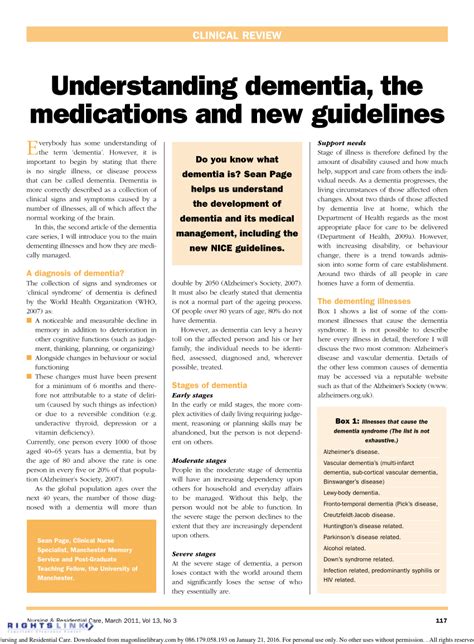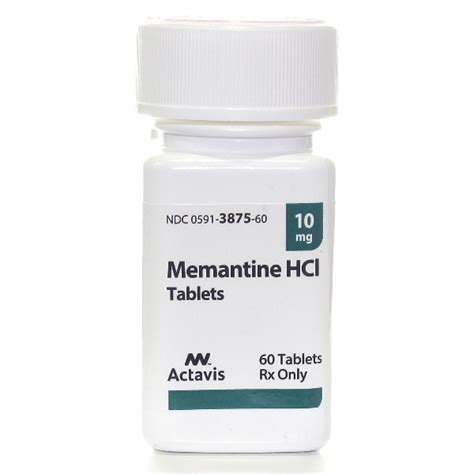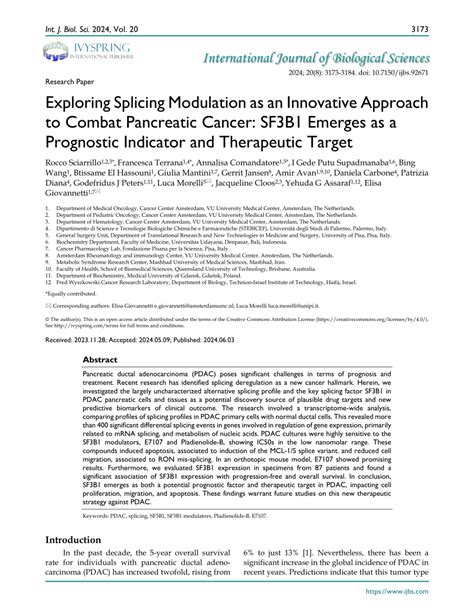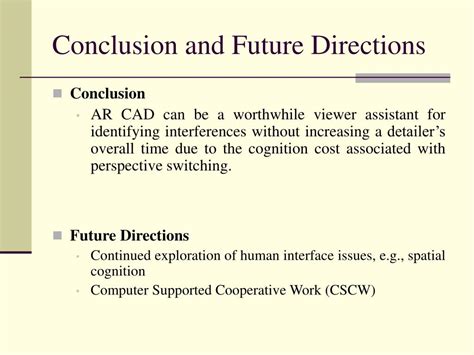Intro
Discover effective medications for dementia treatment, including Alzheimers disease management, cognitive enhancers, and cholinesterase inhibitors to slow symptom progression and improve quality of life.
Dementia is a complex and devastating condition that affects millions of people worldwide, causing a decline in cognitive function, memory loss, and changes in behavior. As the global population ages, the prevalence of dementia is expected to increase, making it a significant public health concern. While there is currently no cure for dementia, various medications can help manage its symptoms, slow disease progression, and improve the quality of life for patients and their caregivers. In this article, we will delve into the world of dementia treatment, exploring the different types of medications available, their mechanisms of action, benefits, and limitations.
The importance of effective dementia treatment cannot be overstated. Dementia not only affects the individual but also has a significant impact on their loved ones, causing emotional distress, financial burden, and social isolation. Moreover, dementia care can be challenging, requiring a comprehensive approach that addresses the physical, emotional, and social needs of patients. Medications play a vital role in this process, helping to alleviate symptoms, improve cognitive function, and enhance overall well-being.
As researchers continue to unravel the mysteries of dementia, new medications and therapies are being developed to combat this complex condition. From cholinesterase inhibitors to memantine, and from anti-psychotics to anti-depressants, the range of medications available for dementia treatment is diverse and constantly evolving. In this article, we will explore the different types of medications, their working mechanisms, and the benefits and limitations of each. We will also examine the latest research and developments in dementia treatment, highlighting the potential of emerging therapies and innovative approaches.
Understanding Dementia Medications

Dementia medications can be broadly categorized into several types, each targeting specific symptoms and aspects of the condition. Cholinesterase inhibitors, such as donepezil and rivastigmine, work by increasing the levels of acetylcholine in the brain, a neurotransmitter that plays a crucial role in memory and cognitive function. Memantine, on the other hand, is an N-methyl-D-aspartate (NMDA) receptor antagonist that helps to regulate glutamate levels, reducing the excitotoxicity that can damage brain cells.
Cholinesterase Inhibitors
Cholinesterase inhibitors are among the most commonly prescribed medications for dementia treatment. These medications work by blocking the action of acetylcholinesterase, an enzyme that breaks down acetylcholine. By increasing the levels of acetylcholine, cholinesterase inhibitors can help to improve cognitive function, particularly in the areas of attention, memory, and language. Some of the benefits of cholinesterase inhibitors include: * Improved cognitive function * Enhanced memory and attention * Increased ability to perform daily activities * Delayed disease progressionMemantine and Other Medications

In addition to cholinesterase inhibitors, memantine is another medication that has been shown to be effective in treating dementia. Memantine works by blocking the action of glutamate, a neurotransmitter that can be toxic to brain cells in excess. By regulating glutamate levels, memantine can help to reduce the excitotoxicity that can damage brain cells, slowing disease progression and improving cognitive function. Other medications, such as anti-psychotics and anti-depressants, may also be prescribed to manage behavioral and psychological symptoms of dementia, such as agitation, aggression, and depression.
Anti-Psychotics and Anti-Depressants
Anti-psychotics and anti-depressants are often used to manage the behavioral and psychological symptoms of dementia. These medications can help to reduce agitation, aggression, and depression, improving the overall quality of life for patients and their caregivers. However, it is essential to use these medications judiciously, as they can have significant side effects and interact with other medications. Some of the benefits of anti-psychotics and anti-depressants include: * Reduced agitation and aggression * Improved mood and reduced depression * Enhanced sleep quality * Increased ability to perform daily activitiesLifestyle Interventions and Alternative Therapies

While medications play a vital role in dementia treatment, lifestyle interventions and alternative therapies can also be effective in managing symptoms and improving overall well-being. Regular exercise, social engagement, and cognitive stimulation have been shown to improve cognitive function, reduce the risk of falls, and enhance mood. Alternative therapies, such as music therapy, art therapy, and aromatherapy, can also be beneficial in reducing stress, improving mood, and enhancing quality of life.
Cognitive Stimulation and Social Engagement
Cognitive stimulation and social engagement are essential components of dementia care. These interventions can help to improve cognitive function, reduce the risk of falls, and enhance mood. Some of the benefits of cognitive stimulation and social engagement include: * Improved cognitive function * Enhanced mood and reduced depression * Increased ability to perform daily activities * Reduced risk of falls and injuriesEmerging Therapies and Innovative Approaches

As researchers continue to unravel the mysteries of dementia, new medications and therapies are being developed to combat this complex condition. Emerging therapies, such as immunotherapy and gene therapy, hold promise in targeting the underlying causes of dementia, slowing disease progression, and improving cognitive function. Innovative approaches, such as personalized medicine and precision health, can also help to tailor treatment to individual needs, improving outcomes and enhancing quality of life.
Immunotherapy and Gene Therapy
Immunotherapy and gene therapy are emerging therapies that hold promise in treating dementia. These therapies work by targeting the underlying causes of dementia, such as beta-amyloid plaques and tau tangles. Some of the benefits of immunotherapy and gene therapy include: * Targeted treatment of underlying causes * Potential to slow disease progression * Improved cognitive function * Enhanced quality of lifeConclusion and Future Directions

In conclusion, dementia treatment is a complex and multifaceted field that requires a comprehensive approach. Medications, lifestyle interventions, and alternative therapies can all play a role in managing symptoms, slowing disease progression, and improving overall well-being. As researchers continue to unravel the mysteries of dementia, emerging therapies and innovative approaches hold promise in targeting the underlying causes of the condition, improving outcomes, and enhancing quality of life. It is essential to stay informed, engaged, and supportive, working together to combat this devastating condition and improve the lives of those affected.
Final Thoughts
As we move forward in the fight against dementia, it is essential to prioritize research, education, and awareness. By working together, we can improve our understanding of the condition, develop effective treatments, and enhance the lives of those affected. Some final thoughts to consider include: * Stay informed and engaged in the latest research and developments * Prioritize lifestyle interventions and alternative therapies * Support loved ones and caregivers affected by dementia * Advocate for awareness, education, and fundingWhat are the most common medications used to treat dementia?
+Cholinesterase inhibitors, such as donepezil and rivastigmine, and memantine are among the most commonly prescribed medications for dementia treatment.
Can lifestyle interventions and alternative therapies be effective in managing dementia symptoms?
+Yes, lifestyle interventions, such as regular exercise and social engagement, and alternative therapies, such as music therapy and aromatherapy, can be effective in managing dementia symptoms and improving overall well-being.
What are some emerging therapies and innovative approaches being developed to treat dementia?
+Emerging therapies, such as immunotherapy and gene therapy, and innovative approaches, such as personalized medicine and precision health, hold promise in targeting the underlying causes of dementia and improving outcomes.
We invite you to share your thoughts, experiences, and questions about dementia treatment in the comments section below. Your feedback and engagement are invaluable in helping us better understand this complex condition and develop effective strategies for managing its symptoms. Together, we can work towards improving the lives of those affected by dementia and creating a brighter future for all.
